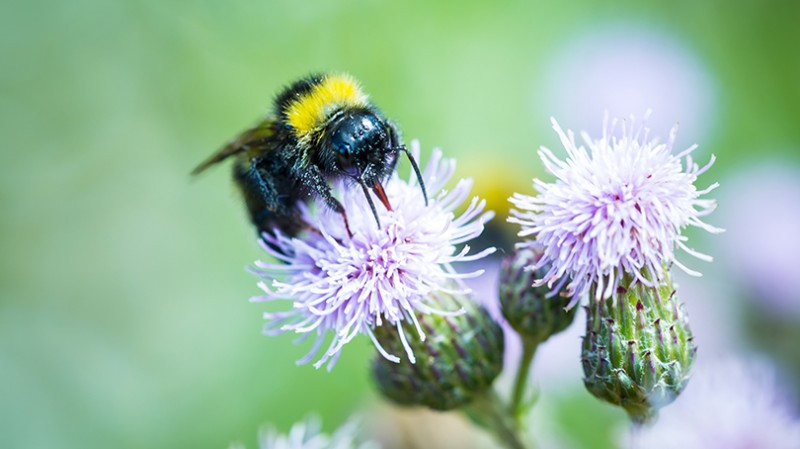Other than buzzing folks at backyard barbecues, bees are best known for their production of honey, which serves many useful and delectable purposes at the breakfast, lunch, or dinner table. But that's not all. Bees also give us royal jelly, a nutritional supplement adept at providing a wide variety of health benefits across the spectrum.
What Is Royal Jelly?
Royal jelly is a white, creamy-type substance produced by young bees to be utilized in the queen bee's larvae, which is a special honeycomb, per medicalnewstoday.com. Royal jelly is excreted out of the top of a bee's head and fed to bee larvae as soon as they are born, giving the ‘baby bees' a healthy nutritional boost so they can survive their first few days of life, per organicfacts.net. Royal jelly – and it's no mystery where it gets its name – serves an even more important role, helping queen bees to develop their ‘queen morphology.' The key ingredient in royal jelly is royalactin, a protein that causes a phenotypic change in the queen larvae, allowing them to develop ovaries and grow to a much bigger size the normal bees. It also works to extend the queen's lifespan by more than 20 times that of a normal bee.Royal Jelly's Health Benefits
Royal jelly is loaded with nutrients such as calcium, copper, iron, potassium, B vitamins, nucleic acids, and 17 different amino acids, which include the eight essential amino acids available only through your diet (that is, they are not produced by your body), per organicfacts.net. With all those ingredients, it should be no surprise that royal jelly checks off three of the most important boxes on the checklist for our health: it apparently has antibacterial, antioxidant, and anti-inflammatory properties, per medicalnewstoday.com. Following are eight of royal jelly's reported health benefits:- Reduce cholesterol. Both animal studies and human research have shown an ability by royal jelly to reduce both total and ‘bad (LDL) cholesterol. A one-month study with people ingesting three grams of royal jelly daily showed an 11 percent and 4 percent reduction in total cholesterol and LDL cholesterol, respectively, per healthline.com.
- Lower blood pressure. Assorted test tube studies have indicated that some proteins in royal jelly can relax muscle cells in your veins and arteries, resulting in the reduction of blood pressure, per healthline.com.
- Regulate blood sugar. Chalk this up to royal jelly's capacity to reduce oxidative stress and inflammation. Per healthline.com, a six-month study involving humans showed a reduction of 20 percent in fasting blood sugar for healthy adults who took royal jelly supplements on a daily basis.
- Bolster metabolism. Royal jelly's provision of those eight essential amino acids referenced earlier help keep your metabolism running smoothly by creating new proteins in the body, per organicfacts.net.
- Induce weight loss. The aforementioned boost in metabolism helps in this regard, as does the presence of lecithin in royal jelly, a component which can contribute to the lowering for cholesterol as well as enhancing liver function and supporting healthy digestion – all of which can contribute to weight loss.
- Anti-aging. In the same way that royal jelly extends the lifespan of queen bees, with its antioxidant properties, it can work to eliminate free radicals that, if left to roam, can cause premature aging. Royal jelly's antioxidants can alleviate wrinkles, restore youthful-looking skin, reduce hair loss, and even ward off macular degeneration, all while also possibly extending your life by fending off some chronic diseases, per organicfacts.net.
- Heal wounds. One lab study cited at medicalnewstoday.com demonstrated that royal jelly can heighten the movement of a type of cells known as ‘fibroblasts,' which can aid in the process of healing wounds.
- Alleviate PMS symptoms. A 2014 study, per medicalnewstoday.com, with 110 participants, showed that those test subjects given royal jelly supplements over a two-month period showed less-severe premenstrual syndrome symptoms than those given a placebo.

